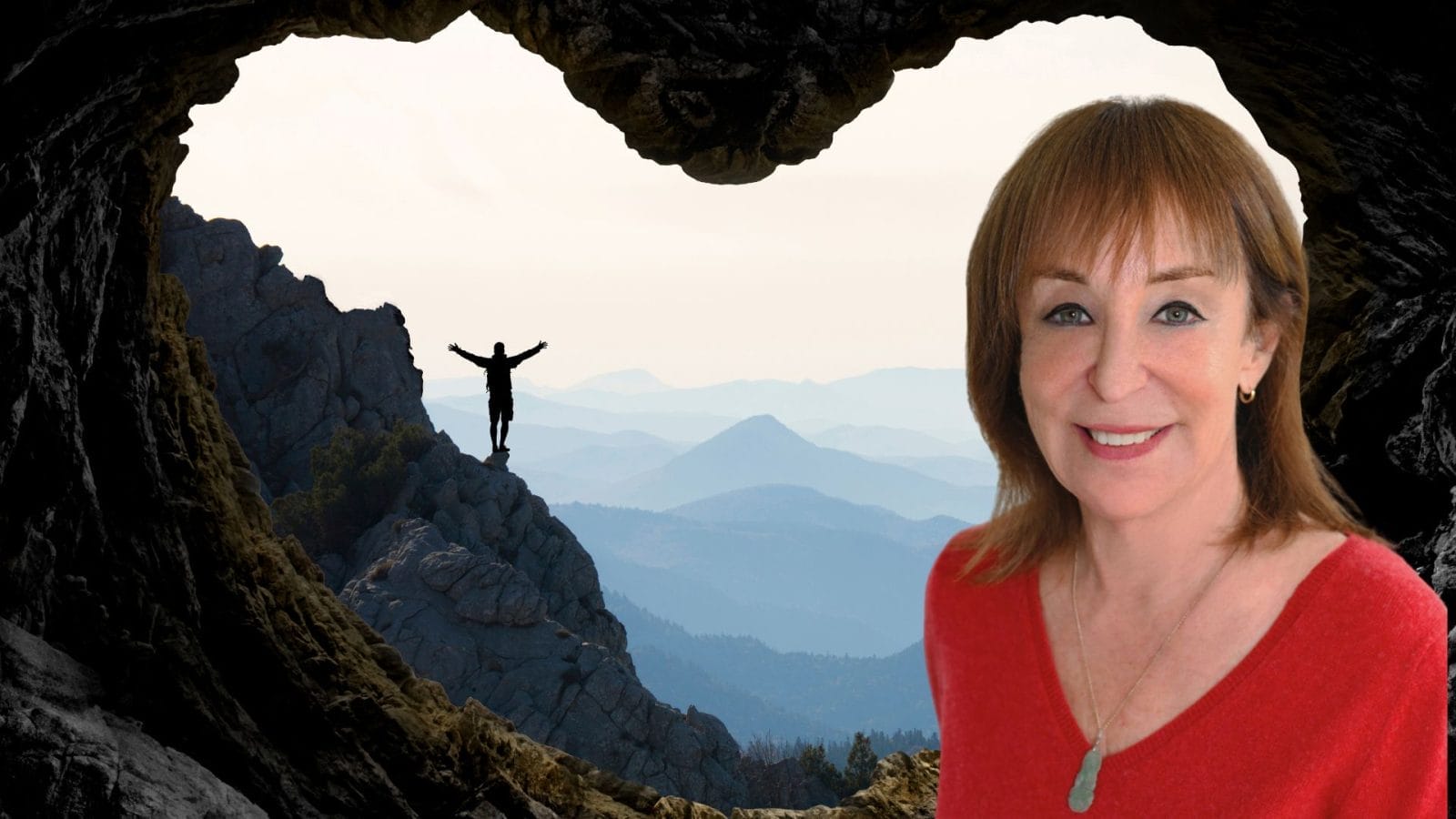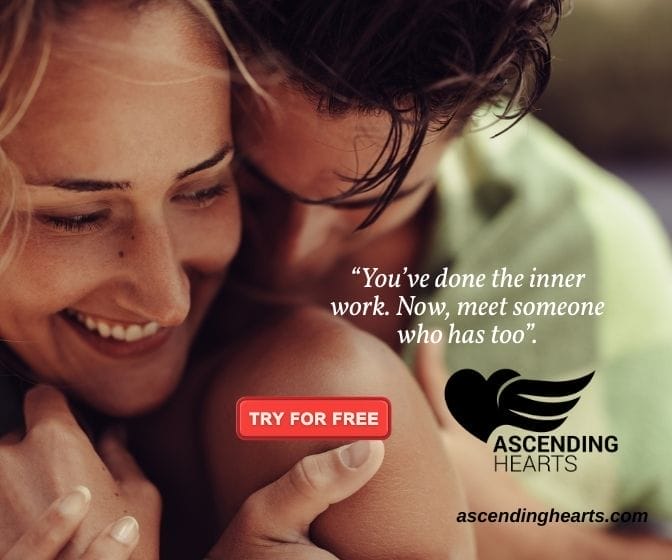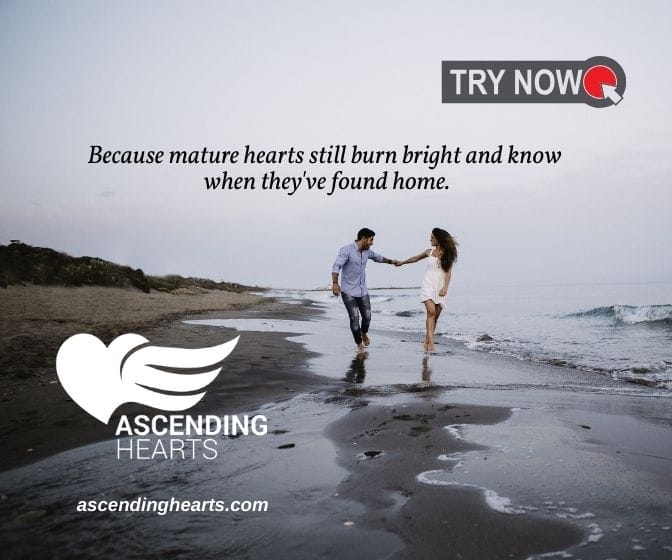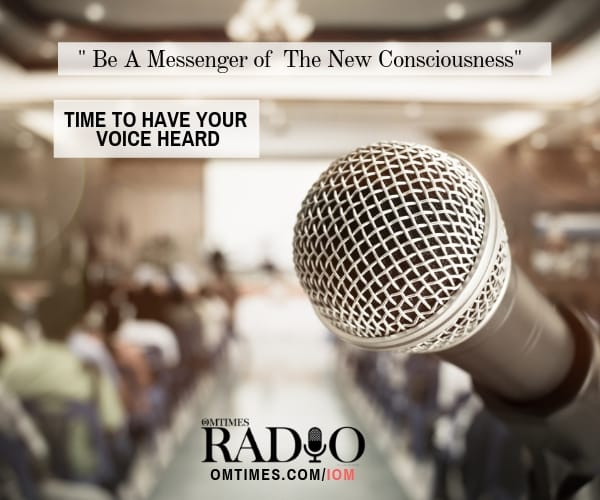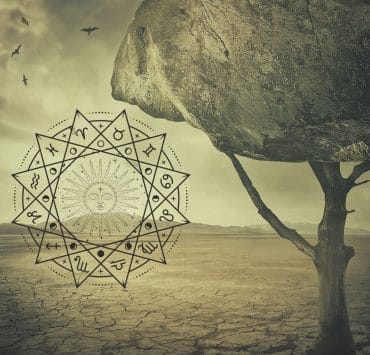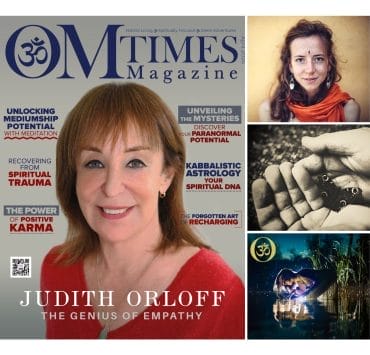Is Empathy a Superpower? If so, how may we embrace Empathy as a daily healing practice in our lives and relationships? Dr. Judith Orloff is a psychiatrist, an empath, a New York Times bestselling author, and a UCLA clinical faculty member. Her books have included The Empath Survival Guide and Thriving as an empath. She synthesizes the pearls of conventional medicine with cutting-edge knowledge of intuition, energy, and spirituality. Dr. Orloff specializes in treating highly sensitive people in her private practice. She’s been featured on The Today Show, CNN, Oprah Magazine, and the New York Times.
An Interview with Judith Orloff – The Genius of Empathy
Interview by Victor Fuhrman
To listen to the full interview of Dr. Judith Orloff and Victor Fuhrman, click the player below.
Victor Fuhrman: Congratulations on your brand-new book. The introduction was done by the Dalai Lama, his Holiness the Dalai Lama. How did that make you feel?
Judith Orloff: It made me feel incredible, but the Dalai Lama profoundly focuses on Empathy and compassion. I think it was right up his alley because this is what he truly believes in, and I feel so honored that he chose to write the forward to the genius of Empathy.
Victor Fuhrman: Let’s start with what inspired the genius of Empathy.
Judith Orloff: Well, what inspired the genius of Empathy? When I look at the world, and it isn’t working, it’s just falling into old traps of resentment, polarization, and hatred, and we need something else. Empathy has always been near and dear to my heart because I’m an empath, – but I wanted to devote a book on Empathy. How to reach it in a variety of situations and why we would want to do that because I present Empathy the genius of Empathy as a healing force and a healing energy to tap into, not just as something nice to do, but when we tap into Empathy, we literally can change our biochemistry and the energy flowing in our bodies and our environment around us.
Victor Fuhrman: And we need that in our world today. Absolutely. Let’s begin with your early path. When did you first realize that you could feel the feelings of others? And how did this manifest for you?
Judith Orloff: This first began when I was a little girl, and I noticed that I could feel what my mother was feeling or feel what strangers were feeling, or I would go into a shopping mall or crowded place and feel what everyone there was feeling and walk out exhausted or overwhelmed. And I didn’t realize I was an empath at that point. An empath is somebody who doesn’t have the normal filters that other people have. So, I take on the various emotions and energies of the world like an emotional sponge. And so, I had no tools back then to learn how to deal with that. And so it’s taken me many years to develop many of the skills I talk about in the book that can teach people how to be empathic and set healthy boundaries so you’re not taking on all this energy that isn’t serving you.
Victor Fuhrman: Absolutely. Can you remember or share with us some of the experiences when you started sensing and feeling things and what they were like?
Judith Orloff: It was my nature. I did it naturally, which was overwhelming because nobody else did it around me. My parents, both physicians, never mentioned these insights, intuitions, or whatever you’re picking up again around my friends or other people. And so, I grew up ashamed of my abilities, and I got very heavily involved with drugs in my teenage years to try and squash my abilities. And then I had a near-death experience where I went over a cliff in a car, after which I survived miraculously. Afterward, my parents forced me to see a psychiatrist who turned out to be an angel in my life, who taught me that to be whole, I had to embrace my deepest Empathy, my intuitions, and my spirituality into my being. I couldn’t keep running from them because it wouldn’t work.
Victor Fuhrman: Absolutely. You chose a career in medicine with psychiatry as your specialty. What role has an empath played in your work?
Judith Orloff: Central, it’s the heart of my practice being an empath. I combine traditional medicine and everything I learned at UCLA, Wadsworth VA Hospital, the University of Southern California, and the county hospital. I combine all that knowledge with Empathy, intuition, and energy medicine. And so, whenever I see patients or give workshops, I listen with all those different ears. And it’s a very natural thing to do for me. I’ve been doing it for over 25 years, so I’ve had lots of practice and many amazing experiences and success experiences integrating. And so now, in my books, I would like to present that integration as a possibility for the readers. How do you incorporate Empathy into your family? You know, how do you incorporate Empathy into your work? Where is it appropriate?
What does Empathy mean? It doesn’t mean you’re on call 24 hours a day for everyone in need. That is not healthy Empathy. There’s a chapter on healthy Empathy and how to achieve it rather than being a martyr. It’s important to learn how to set boundaries with Empathy. Give when you can, when you’re tired, rest and say no, and balance self-care and giving to others. This book is for empaths and people who are simply interested in developing Empathy who aren’t necessarily empaths. Still, it is for everyone who wants to find a form of healing in their own bodies and their own lives. That comes from the compassion and Empathy that we all have. It can change your life, enhance relationships, and improve the world.
Victor Fuhrman: Empathy, like charity, begins at home when you take care of yourself first, right?
Judith Orloff: It does. And there’s a chapter on self-empathy, and you think that would be the easiest thing to do, just to be nice to ourselves, but it’s really the hardest thing to do. Now. I’ve had conversations with other therapists over the years, saying, why is it so much easier to take care of our patients than it is ourselves? And it is just a common dilemma. And if you’re experiencing this, don’t feel ashamed or anything, but it’s important to be able to shift that and show Empathy for the experiences you go through in life. Life can have its ups, and it can have its downs, and you want to be self-empathic the whole ride. You don’t want to give up your Empathy when things start to get rough because life combines many things. And if you’re going through a physical or emotional challenge, your self-empathy will be your best friend. You need it. The last thing you need to do is beat yourself up as you’re trying to heal.
Victor Fuhrman: Have colleagues ever asked you about your empathic abilities?
Judith Orloff: Oh, all the time, because I’ve written these books about them, and I train healthcare practitioners to incorporate Empathy and intuition into patient care. And so, I’m very candid about my abilities for those who want to learn how to also do it and combine those aspects of themselves. Now, it is very important. And for, let’s say, physicians who don’t believe in any of this, and there many, um, I could still be friends with them. It’s not a deal breaker. Um, absolutely. It’s, um, it’s a difference. If they’re happy not doing this, I’m happy for them. I just know that many people are attracted to developing these aspects of themselves to be more whole, but that doesn’t mean everybody. Everyone is; it’s not for you if you don’t want it. You have to be attracted to it to develop it, and then it will be a beautiful right path for you for an entire lifetime.
Victor Fuhrman: You’ve touched upon some of these elements for those who may be unsure. What is an empath, and what are some of its traits and abilities?
Judith Orloff: An empath is somebody who doesn’t have the regular filters other people have. So we feel everything. We feel what’s going on with strangers. We think about what’s happening to people suffering in different countries. We feel what’s going on with family members, but so much so that it can overtake us and deplete us. So, we go on sensory overload. And so, empathize with their positive traits, our intuition, connecting to nature, love, and service, helping the earth, listening to music, giving to others, helping to be helpers, and just loving. They’re not really into loud noises or big events. Empaths would rather want to have one-to-one meetings or just small meetings that are quiet rather than, let’s say, going to a Madonna concert as one of my extroverted friends just went to and loved it, and empaths can be introverted.
They can be ambiverts, which is in the middle between introverts and extroverts, or they can be extroverts. So, I am an introvert and an empath, but Empathy is different. But even extroverted empaths need to recoup their energy and decompress after they’re around many people. It’s very important; otherwise, they will go on overload.
Victor Fuhrman: Now, you touched upon some of the biological aspects of this. Is there a scientific explanation for being an empath?
Judith Orloff: Yes. And there’s a psychological and – neuroscience explanation for Empathy, not just being an empath, but you can look at empaths as being the highest on the empathy spectrum. They’re able to sense and know and pick up things, I think, more than other people. However, midline, midpoint, and Empathy have many interesting neuroscience explanations on the mid-midpoint of the empathy spectrum. There’s something called the Mother Teresa Effect, which just fascinates me, where it’s been proven that if you witness an act of Empathy, somebody’s being empathic on the street, let’s say, and researchers were to measure your blood at that point, your immunity would have gone up, your stress hormones would’ve gone down, and all kinds of good things would be circulating in your blood as a result of simply witnessing the act of Empathy.
And I want you to really think about that. That is really powerful. The act of Empathy is healing not only for the person experiencing it but also for the observer, who, I mean, is really powerful. I was in the gym the other day, and a woman was there with her husband, who’d lost the use of his legs. He was on one of the machines working out his arms, and she just lovingly put her arms around him, and gently, it looked like they were making love. She gently lifted him and put him in his chair in the slowest, most loving way. And I felt so much love coming from that, and it just rushed through my system, as did a faraway observer. And so, I just want people to know that the genius of Empathy is about developing something really powerful in yourself.
Continue to Page 2 of the Interview with Dr. Judith Orloff
Click HERE to Connect with your Daily Horoscope on OMTimes!
Visit Our Astrology Store for Personalized Reports
OMTimes is the premier Spiritually Conscious Magazine. Follow Us On Facebook, Twitter, Instagram, Linkedin, Pinterest, and Youtube
OMTimes Magazine is one of the leading on-line content providers of positivity, wellness and personal empowerment. OMTimes Magazine - Co-Creating a More Conscious Reality


